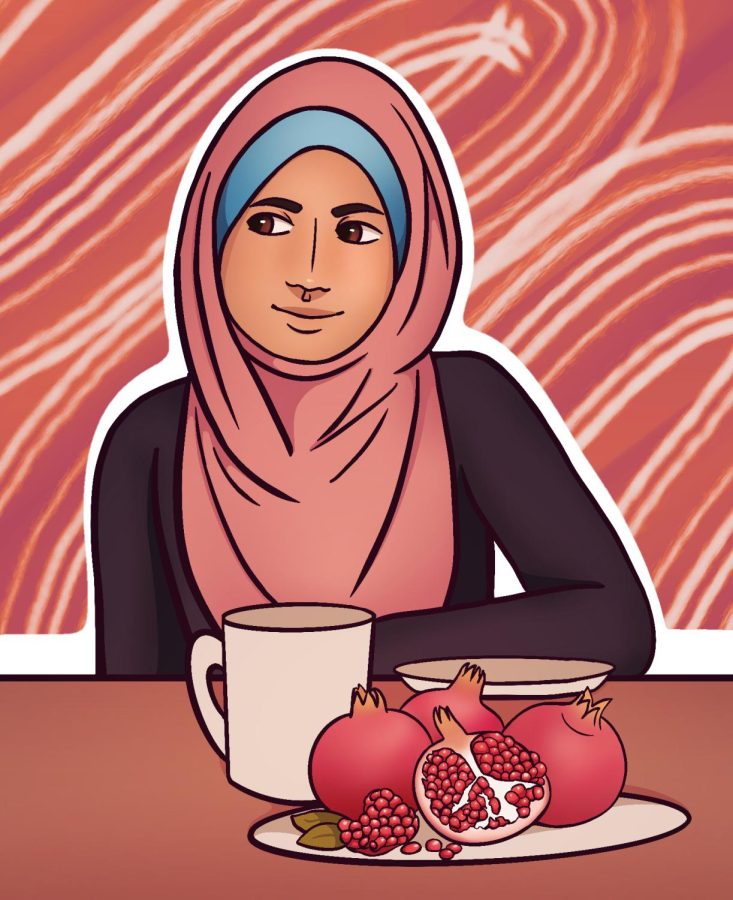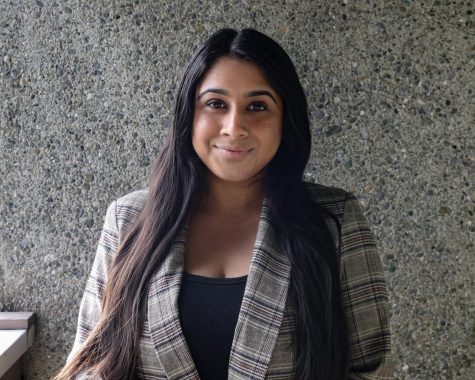Yalda Night will honor Iranians protesting current regime
Yalda Night is known as longest night of the year when light overcame darkness
Traditional Persian food and competitions like trivia will be at the annual Yalda Night.
December 2, 2022
Yalda Night, an annual event held by the WSU and University of Idaho Iranian Student Associations, will be celebrated on Dec. 3, however, the festivities will look different this year due to the protests in Iran following the death of Mahsa Amini.
The event will take place at 6 p.m. in the Bruce M. Pitman Center in Moscow with some Persian traditions being maintained.
Even so, this year, there will be no dancing, and three songs will be sung in honor of those suffering in Iran because of the [Islamic Republic of Iran], said Hesam Abbasi, Iranian Student Association president.
“This year is going to be different, not only here in Pullman, but also in every university around the world that has Iranian students who are going to have special plans to show our support of people against this brutal regime and whatever they’re doing, you know, killing people, women and children,” he said.
The entire event will be spoken in Farsi, the official language of Iran, and it is not anticipated that people from non-Iranian cultures will attend, said Zahra Khodaverdi, Iranian Student Association vice president.
“It’s not going to be as fun as it usually is. When you have foreign guests, you need to make the event very fun and you should celebrate and have the dance part, but it’s just a gathering to keep [the culture] alive,” she said.
Yalda Night is known as the longest night of the year. The day is celebrated on Dec. 21, however, because of winter break it will be held earlier, Abbasi said.
“It is interesting to know that it’s just one minute longer than the other nights of the year and we celebrate that to meet our families and friends and our loved ones to have the opportunity to be together one more minute,” Khodaverdi said.
Abbasi said his mother told him it is the night when light overcame the darkness. The story of Yalda Night is shared by grandparents and parents annually and the celebration consists of traditional food made of pomegranates and watermelon.
There will be recitations of two poems, one by Persian lyric poet Hafez, and another titled “Shahnameh” written by the Persian poet Ferdowsi.
Khodaverdi said Hafez is very respected because Persians believe his poems can tell people the truth and advice about anything they are thinking about. Ferdowsi is also well respected because he kept the Farsi language alive.
“[‘Shahnameh’] was written in the time that the kingdoms were trying to destroy the Persian language and culture,” she said. “[Ferdowsi] wrote ‘Shahnameh’ and he kept the Persian language, or Farsi, alive. That is why we still speak Farsi, we owe it to him because of his book.”
Traditional Persian food will be served during Yalda Night, and the theme for the night is usually red and green clothing. Competitions such as trivia will take place to make the event more lively, Khodaverdi said.











